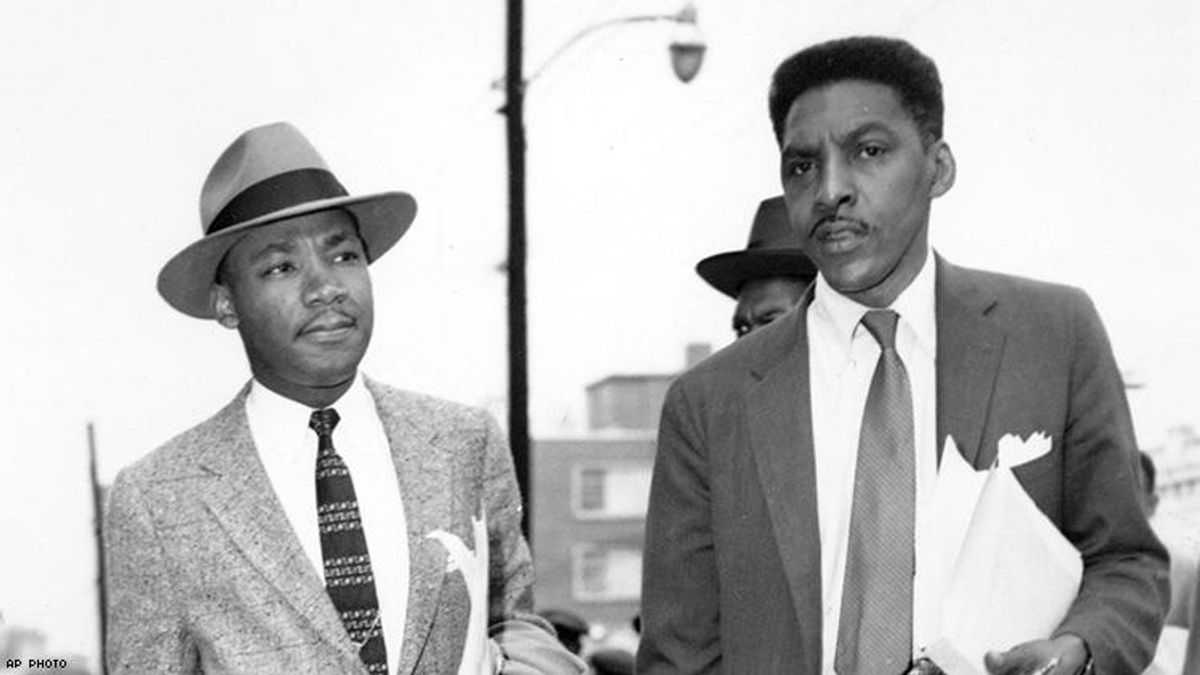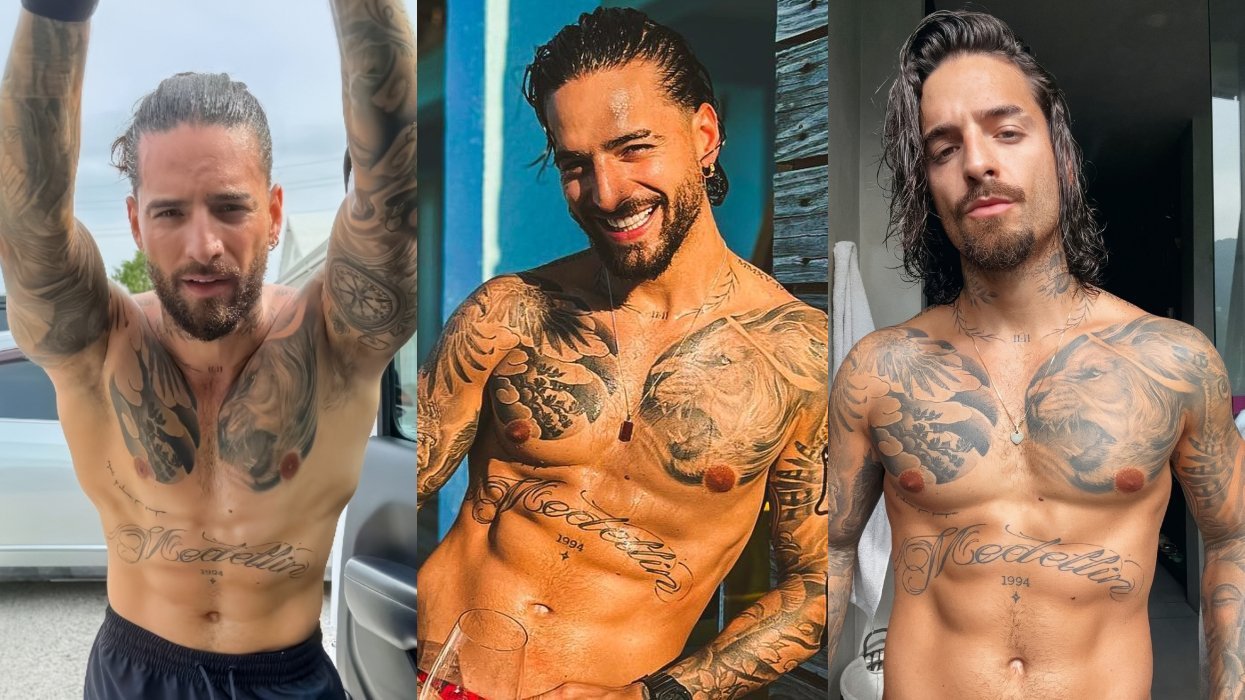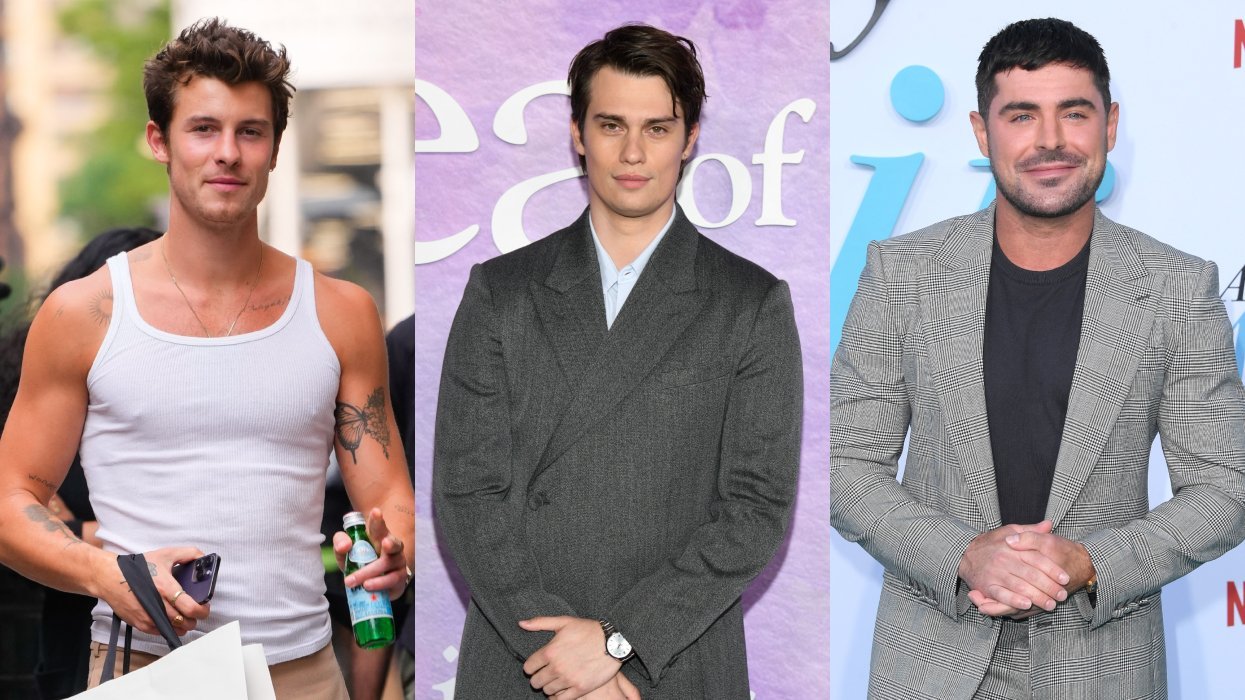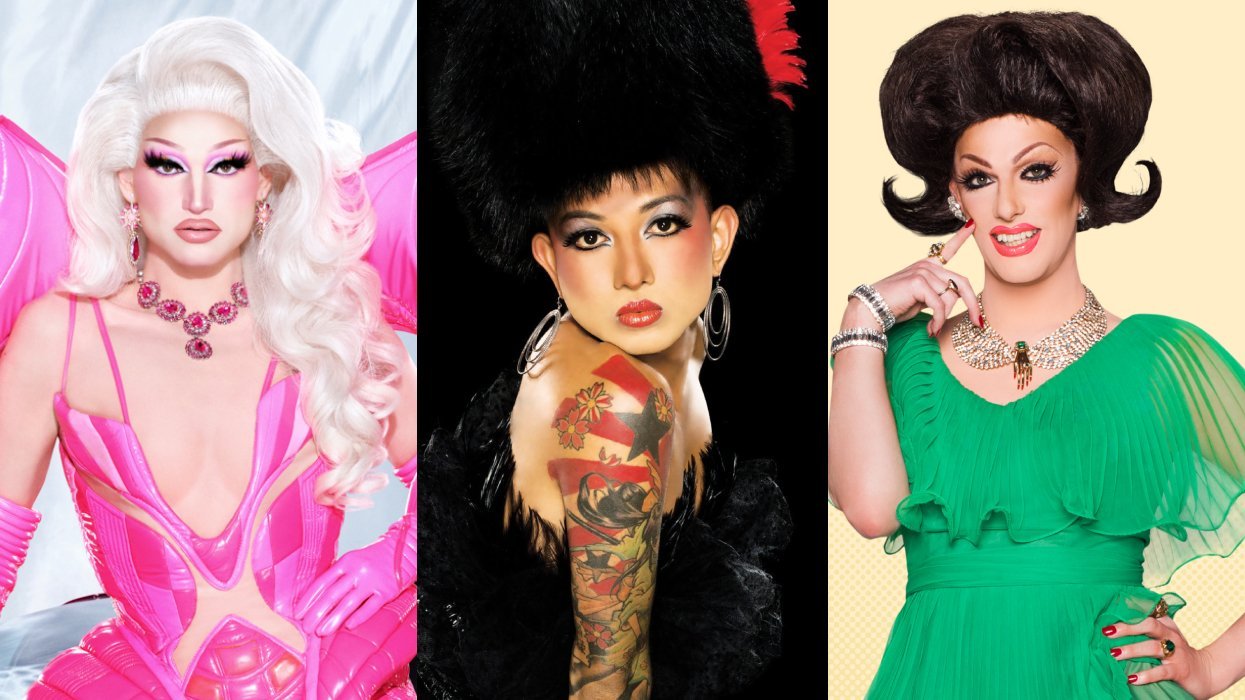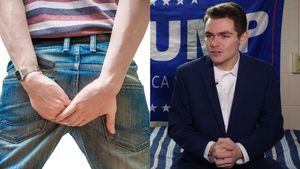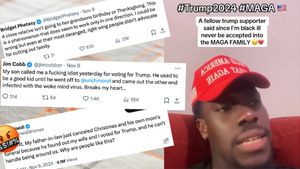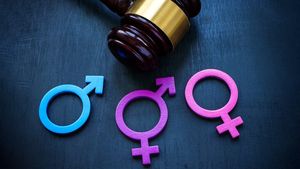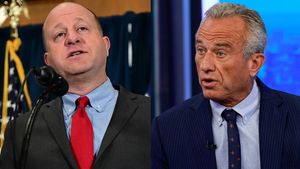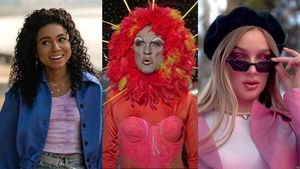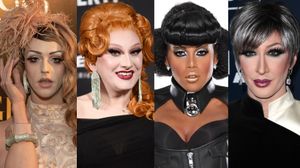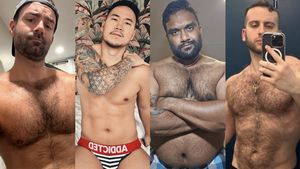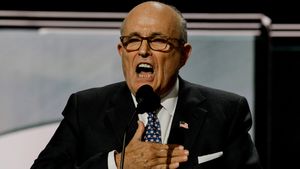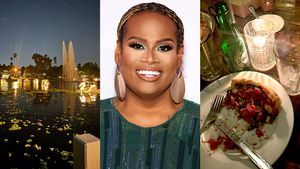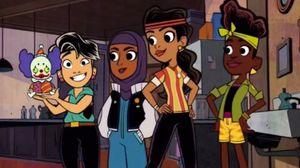As Martin Luther King Jr.'s key advisor, Bayard Rustin was a hero of the Civil Rights Movement, and the chief organizer of the 1963 March on Washington for Jobs and Freedom where we the "I Have a Dream" speech sparked hope in lives of millions. At the time, he was also a somewhat private gay man whose involvement in the movement, some at the time felt, was a dangerous association. Now, newly released audio demonstrates that Rustin was actually quite open open about his identity, talking about just how unapologetic he was even in the face of intolerance from other leaders of the social justice movement.
"At a given point, there was so much pressure on Dr. King about my being gay -- and particularly because I would not deny it -- that he set up a committee to explore whether it would be dangerous for me to continue working with him," said Rustin in the new audio, which will appear in a future episode of the podcast Making Gay History, which releases archived interviews with the LGBTQ+ community.
The audio was provided by Rustin's widower, Walter Naegle. Rustin died in 1987 after spending much of the decade advocating for gay rights. While Rustin said in 1986 that he "fundamentally [considered] sexual orientation to be a private matter," the new audio reveals that he later decided it "was an absolute necessity for me to declare homosexuality, because if I didn't, I was a part of the prejudice. I was aiding and abetting the prejudice that was a part of the effort to destroy me."
The clip, Robt Seda-Schreiber (of the Bayard Rustin Center for Social Justice) told Gay City News, "solidifies and spotlights the undeniable truth" of Rustin's commitment to the movement in the face of intolerance from his own compatriots.
"It is difficult for me to know what Dr. King felt about gayness except to say that I'm sure he would have been sympathetic and would not have had the prejudicial view," wrote Rustin in 1987. "Otherwise he would not have hired me. He never felt it necessary to discuss that with me. He was under such extraordinary pressure about his own sex life. J. Edgar Hoover was spreading stories, and there were very real efforts to entrap him. I think at a given point he had to reach a decision. My being gay was not a problem for Dr. King but a problem for the movement." While King was "distressed" when his ministers pushed him to dismiss Rustin, after Rev. Adam Clayton Powell threatened to expose Rustin and King's rumored relationship, he did not reject Rustin's eventual offer to resign.
Later in life, Rustin devoted much of his advocacy to gay rights, and gave an empowering yet controversial 1986 speech claiming "the new n***ers are gays," bringing focus from the Civil Rights Movement to the LGBTQ+ movement.
"Too few folks nowadays are aware that Bayard Rustin planned the March, inspired the Freedom Riders, & brought non-violence to Dr. King himself, among many other extraordinary accomplishments," Seda-Schreiber said. "This lack of recognition is directly related to him not hiding in the shadows at a time when it was de rigueur for one's very survival."
"I never had any sense at all that Bayard felt any shame or guilt about his homosexuality," said Davis Platt, Rustin's partner during the 1940s. "That was rare in those days. Rare"
